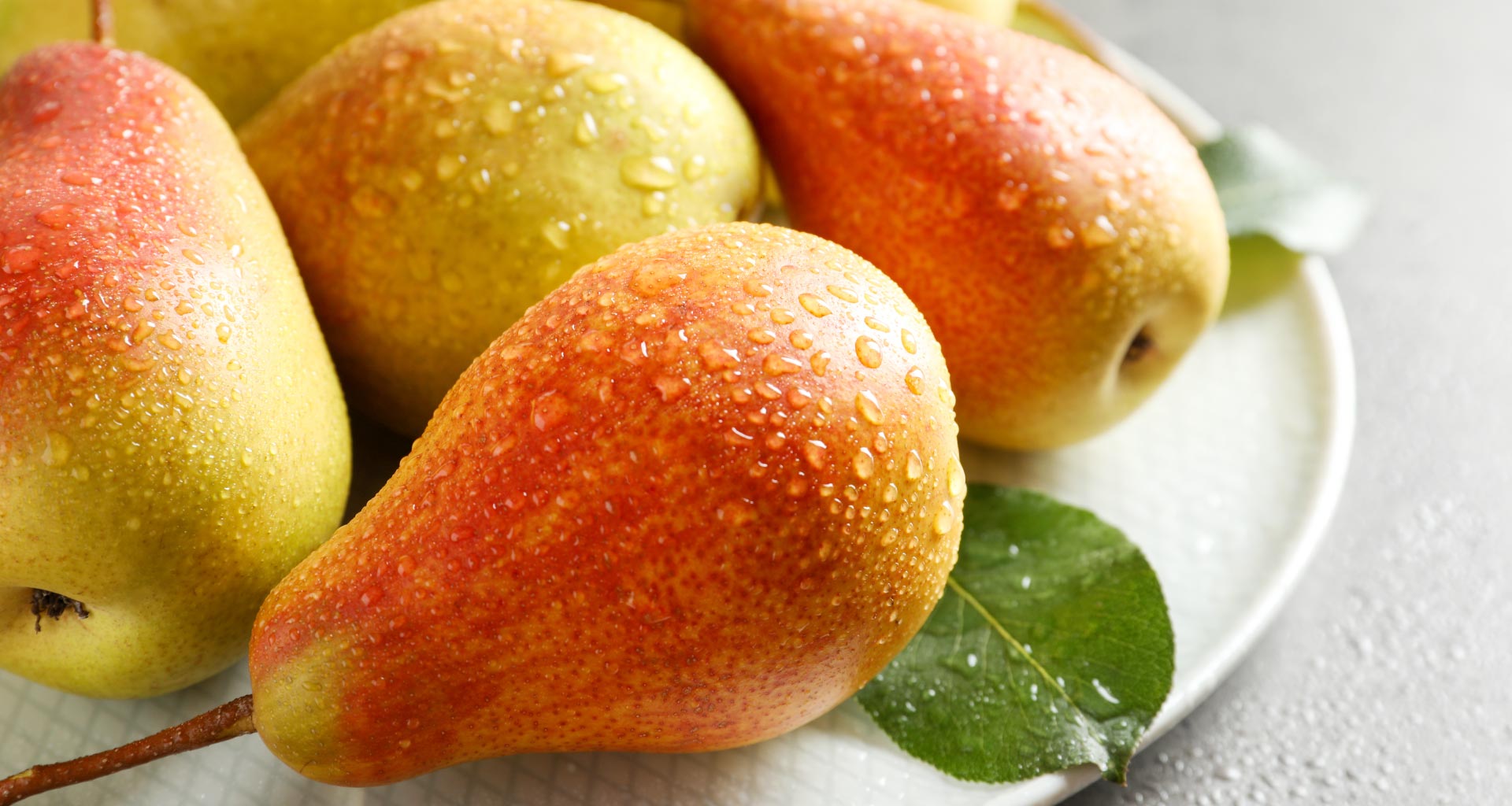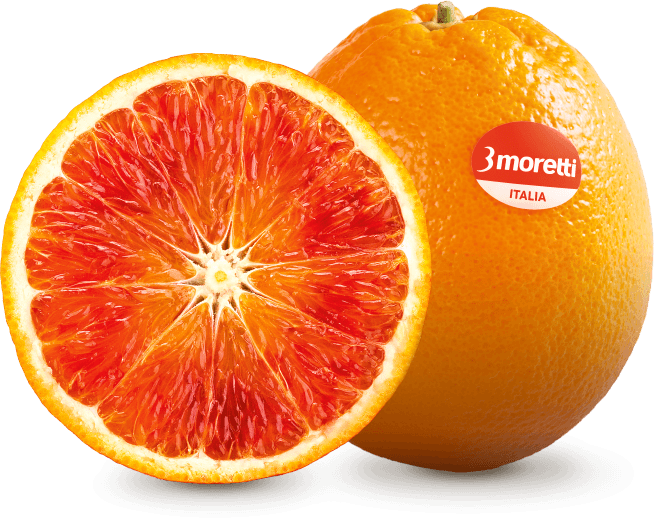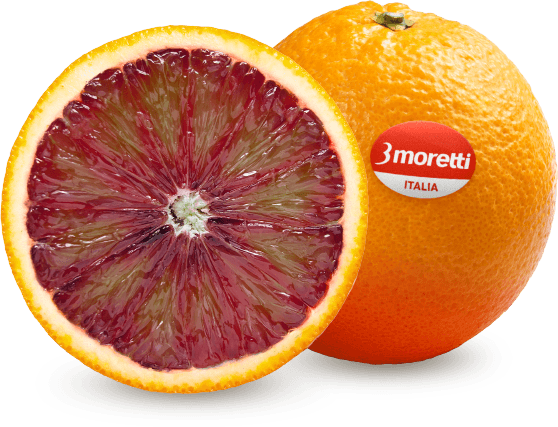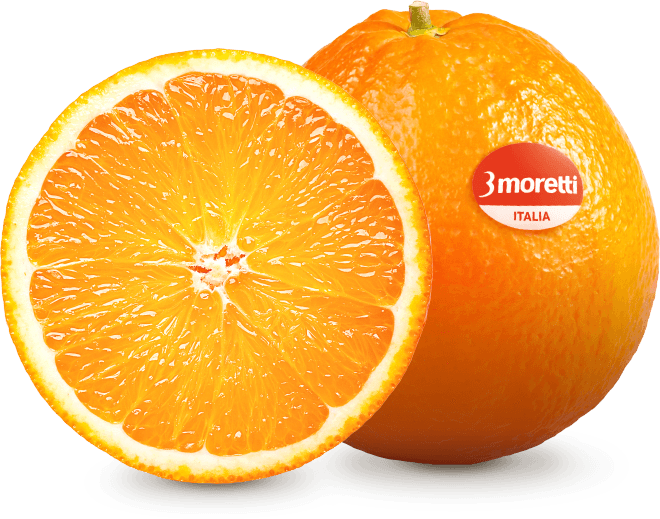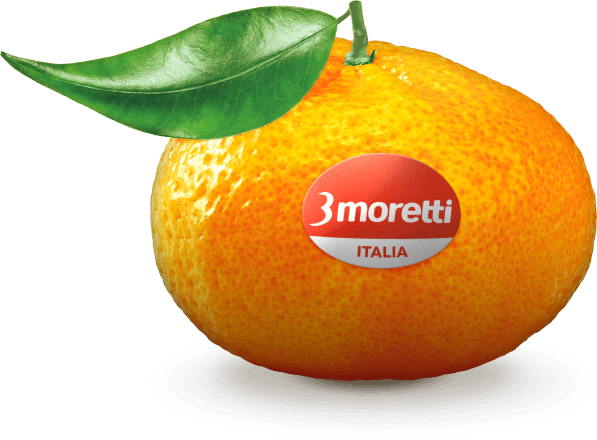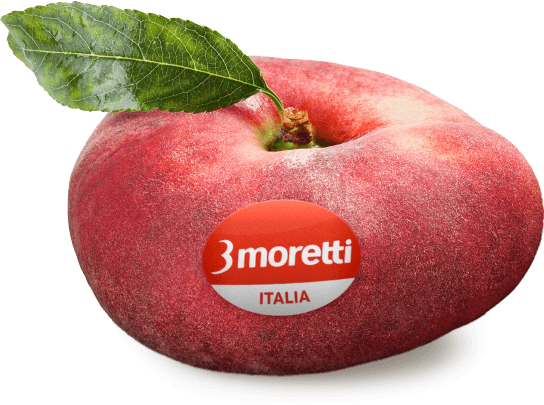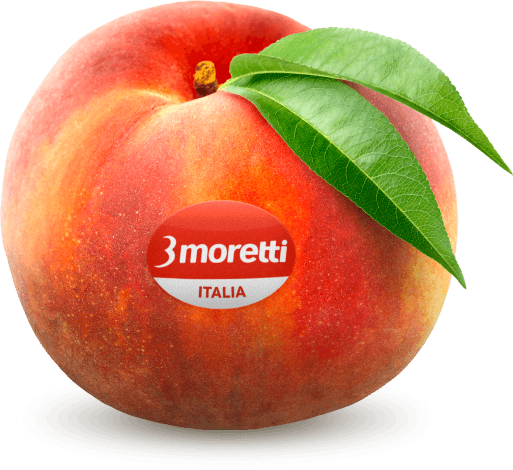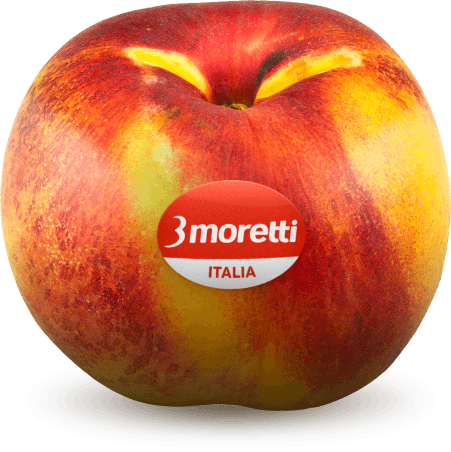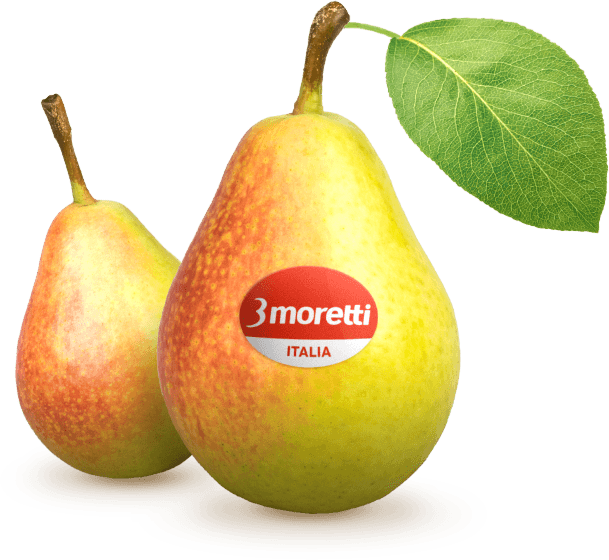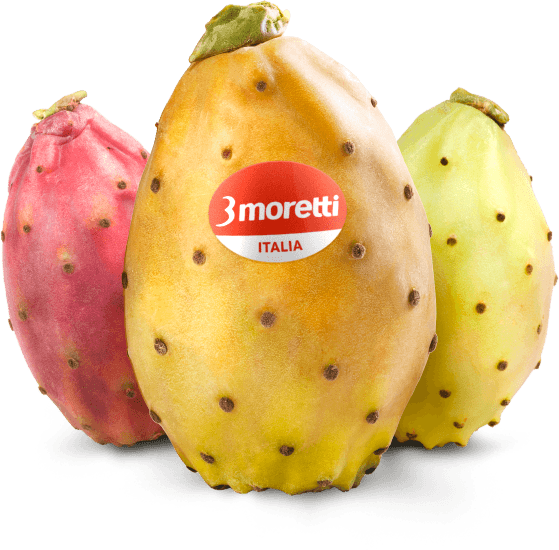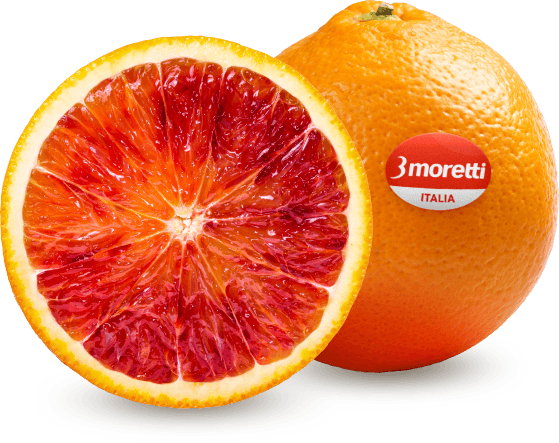The pear to hydrate both young and old alike
The Coscia Pear contains about 87g of water per 100g of product - source www.crea.gov.it - and is rich in mineral salts, making it ideal to hydrate children and the elderly.
Children need twice as much fluid as adults because they tend to disperse water easily (the body surface area/volume ratio favours heat exchange with the external environment), but also because they have a very fast metabolism. Moreover, they often do not drink enough because they do not recognise the sensation of thirst.
This is why introducing pears from weaning time onwards can be a good way of ensuring that your baby gets the right amount of water and avoid dehydration.
According to EFSA (European Food Safety Authority) data, the daily water requirement of children is 100mlkg up to six months of age, 800-1,000 ml/day for children up to one year of age and then 1,600 ml/day up to 8 years of age.
The Coscia Pear can be used to prepare baby food, but when the child is older, it can be offered as a healthy snack to take to school.
However, the elderly should also consume water-rich fruits, such as this variety of pear, to counteract dehydration.
As children grow older, the sensation of thirst and the natural urge to drink decreases, so you may find yourself dehydrated without realising it.
Pear, a concentrate of fibre to regulate your intestines
A 100g Coscia Pear contains about 3.8 grams of fibre - source www.crea.gov.it - pectin, a soluble fibre, is mainly found in the skin and ignin, an insoluble fibre, is contained in the pulp.
The presence of fibre helps the intestine to perform its functions regularly, which is why it is recommended for both children and the elderly. In addition, eating pears would also help keep the digestive system clean and healthy by reducing the risk of colon cancer, a disease that mainly affects people aged between 60 and 75 (43,000 cases of colorectal cancer were diagnosed in 2020). Source: Corriere.it).
The mineral salts that help your body
Small and juicy, Coscia Pears offer plenty of minerals. In fact, their magnesium and potassium content is not insignificant. 100g of pear contains 7mg of magnesium and 127mg of potassium - source INRAN, National Research Institute for Food and Nutrition.
Nibbling on these crunchy fruits allows you to fill up on magnesium, a mineral that is useful for the proper functioning of the nervous system and muscular system, which is important for children, but also for the over-65s.
At this age, there is an increased need for magnesium, and getting the right amount is a first step in combatting osteoporosis and arthritis.
Potassium, on the other hand, is particularly important with advancing age, when one is at risk of kidney problems and hypertension. As the Coscia Pear is also low in sodium, it is a fruit that can be consumed without any problems, even in case of high blood pressure.
Next time you go to the supermarket, remember to put a pack of 3moretti Coscia Pears in your trolley to get all the benefits of this fruit grown in full respect of nature.
Would you like to know more about the cultivation methods we use at 3moretti? Find out how we operate in balance with nature.



